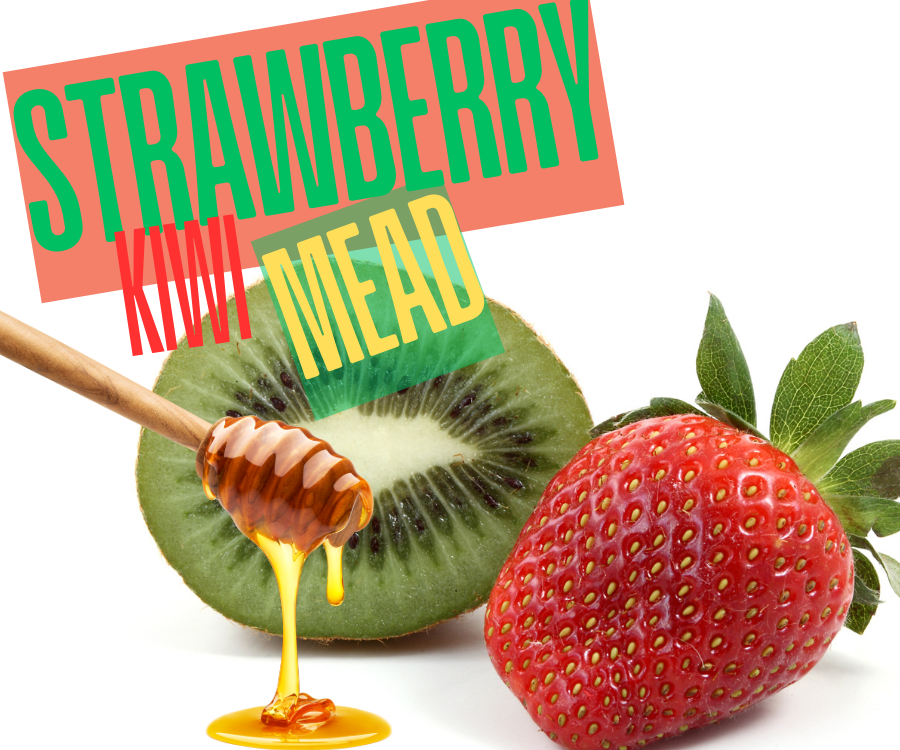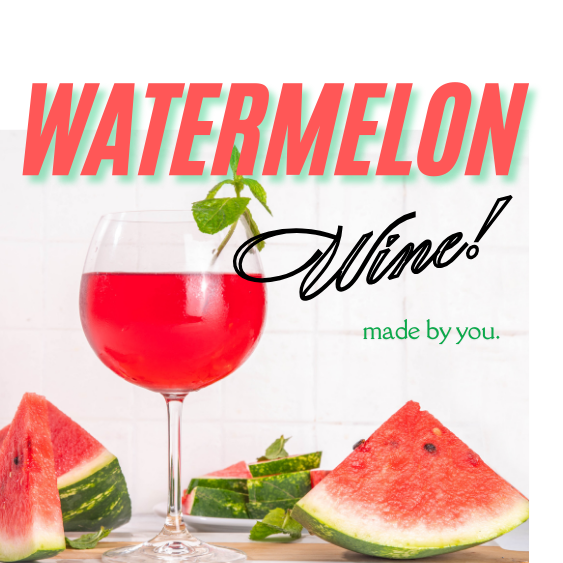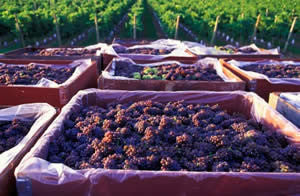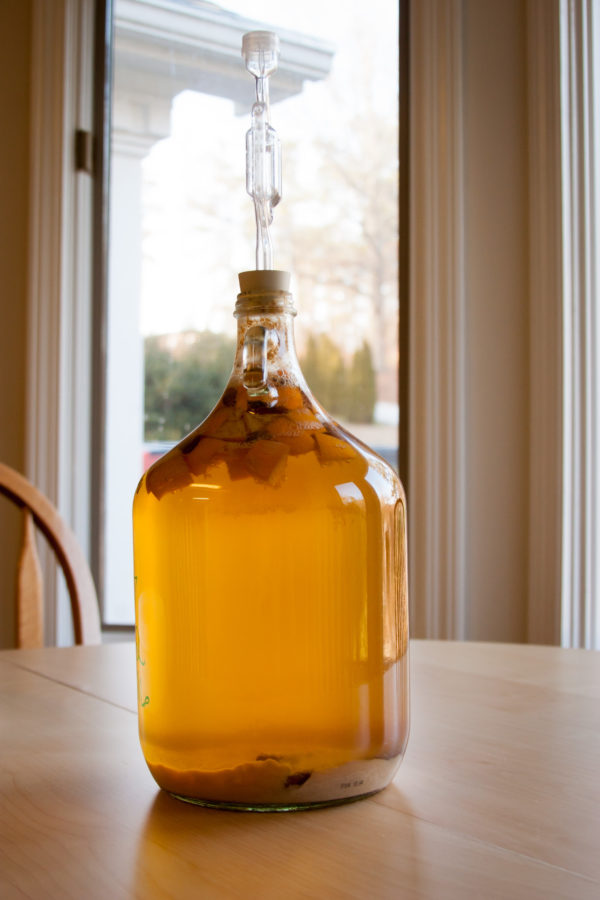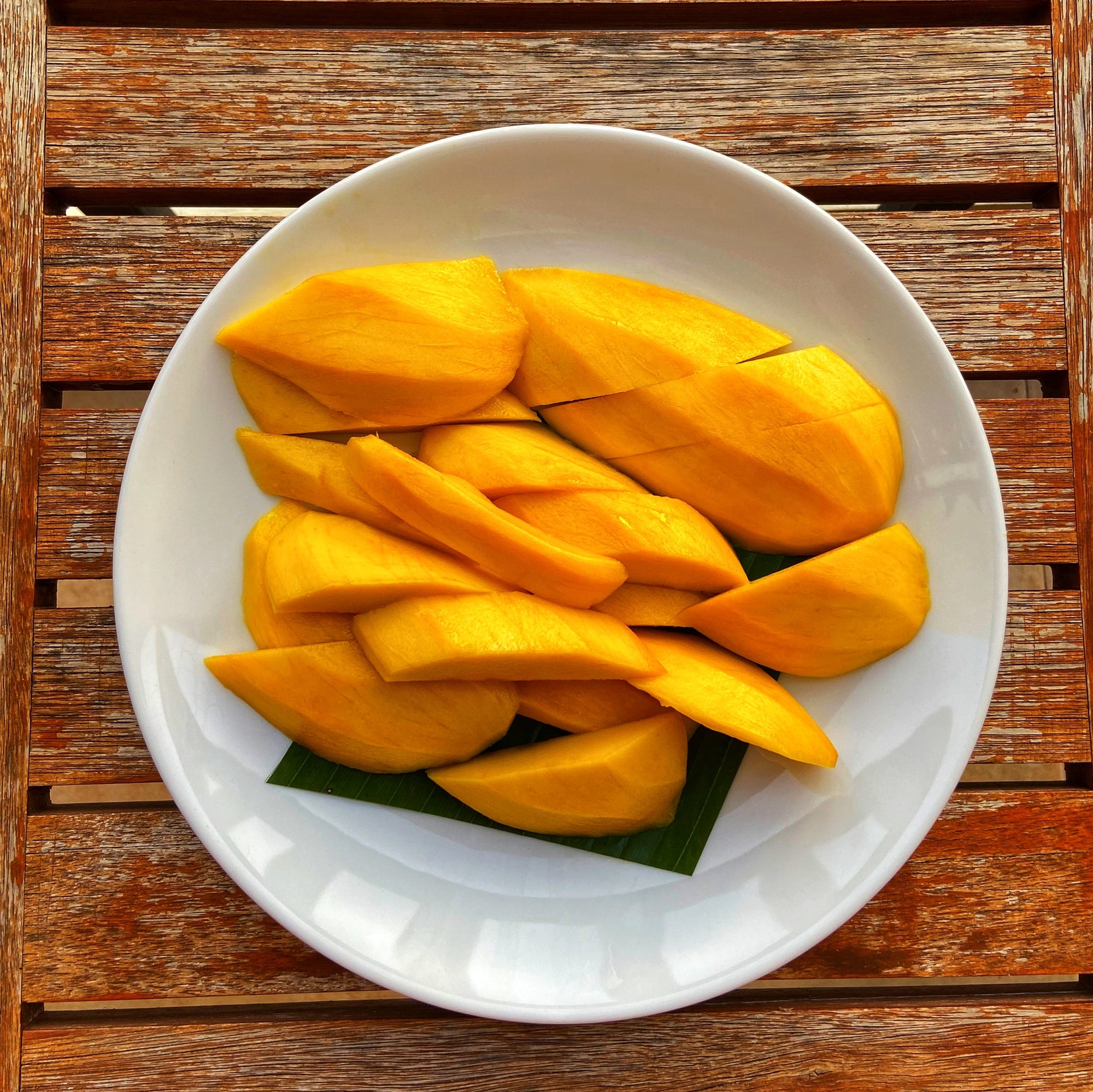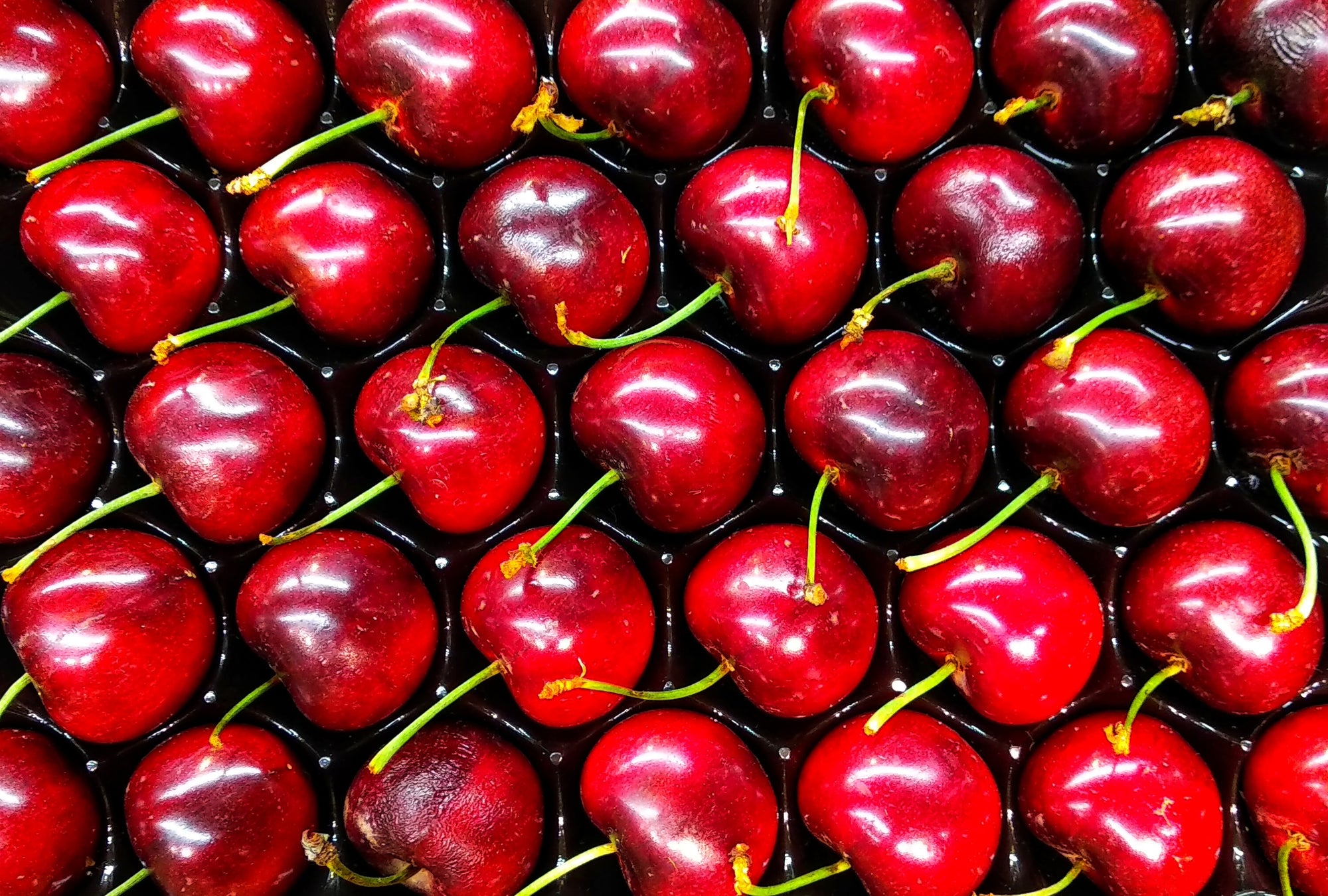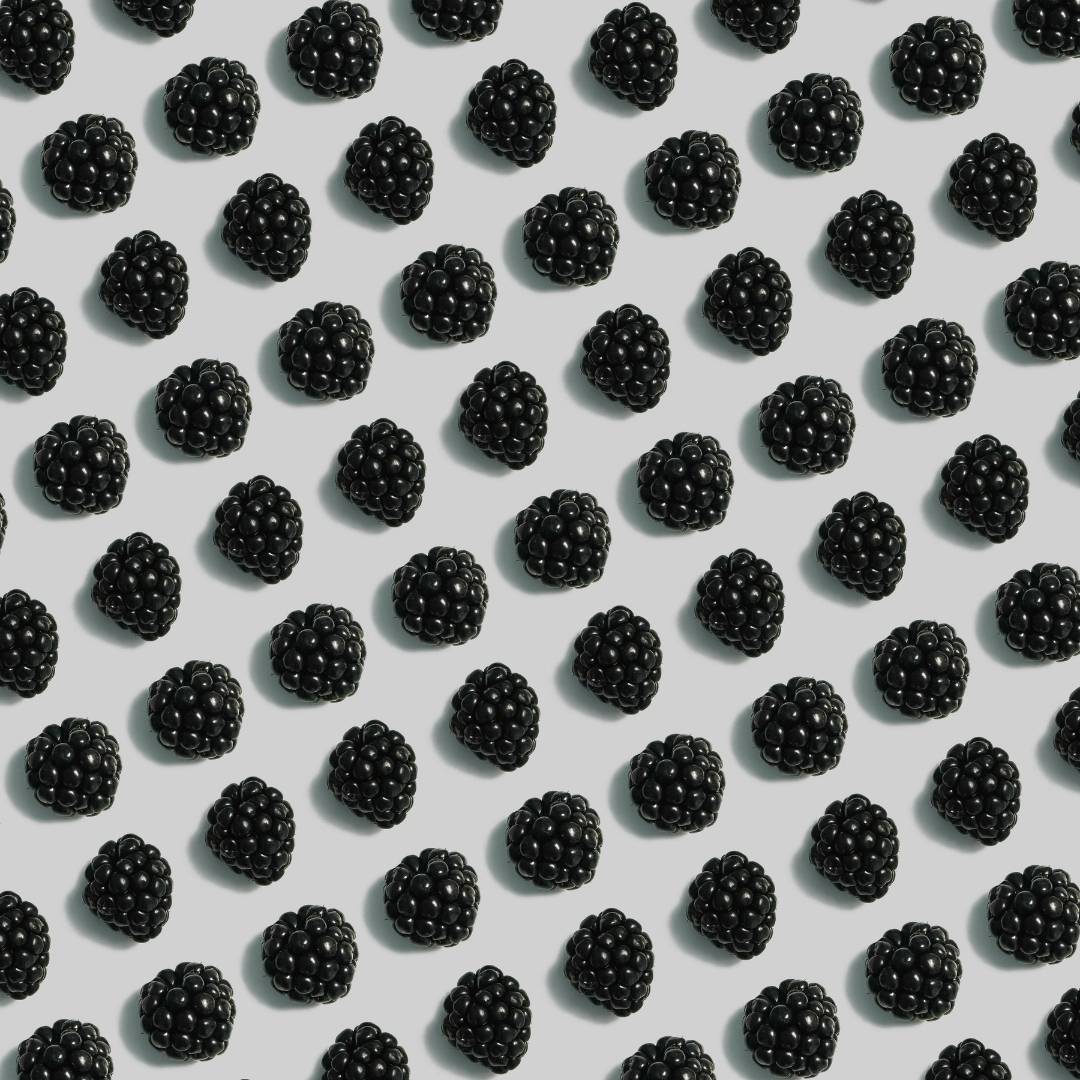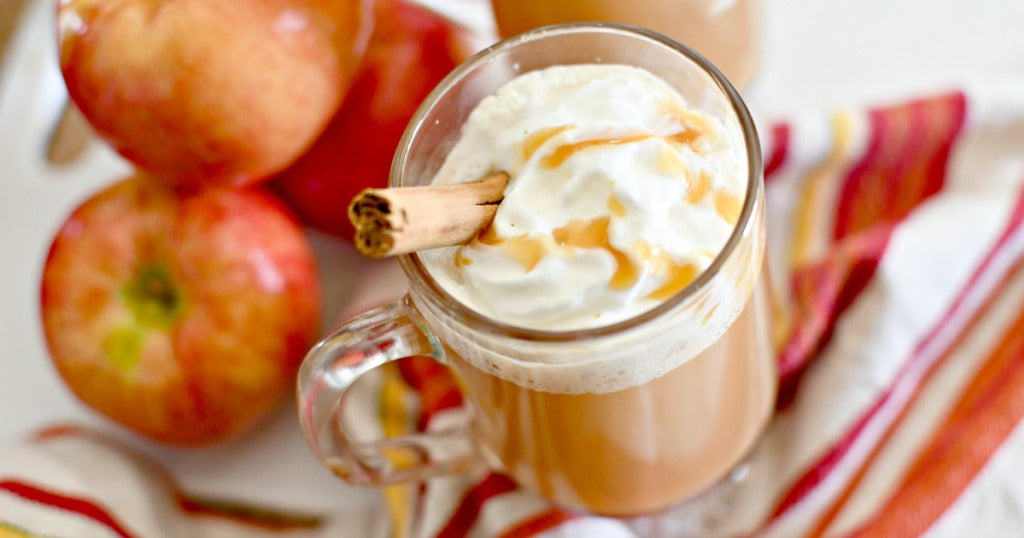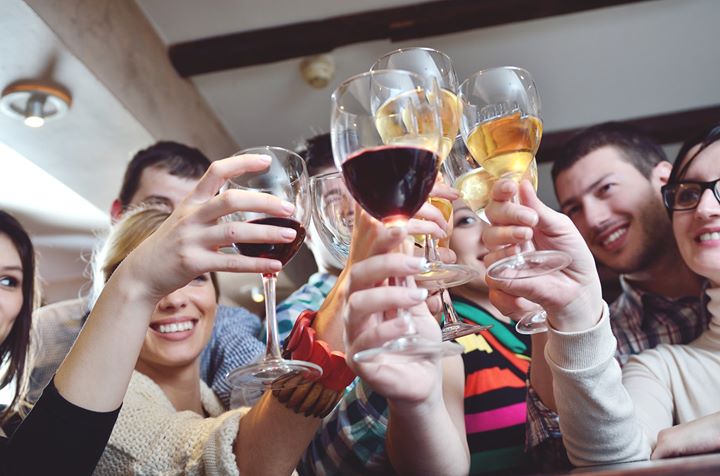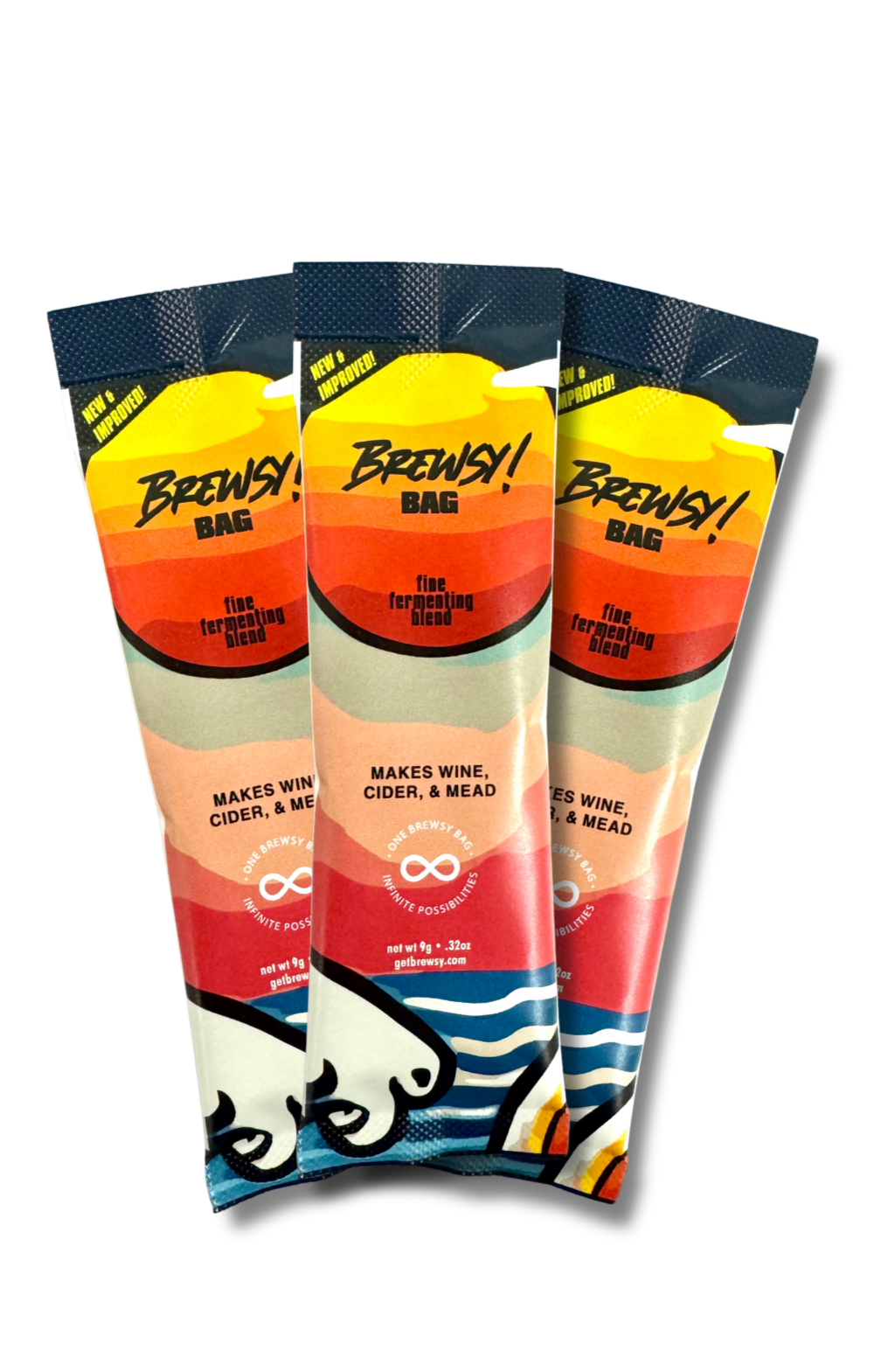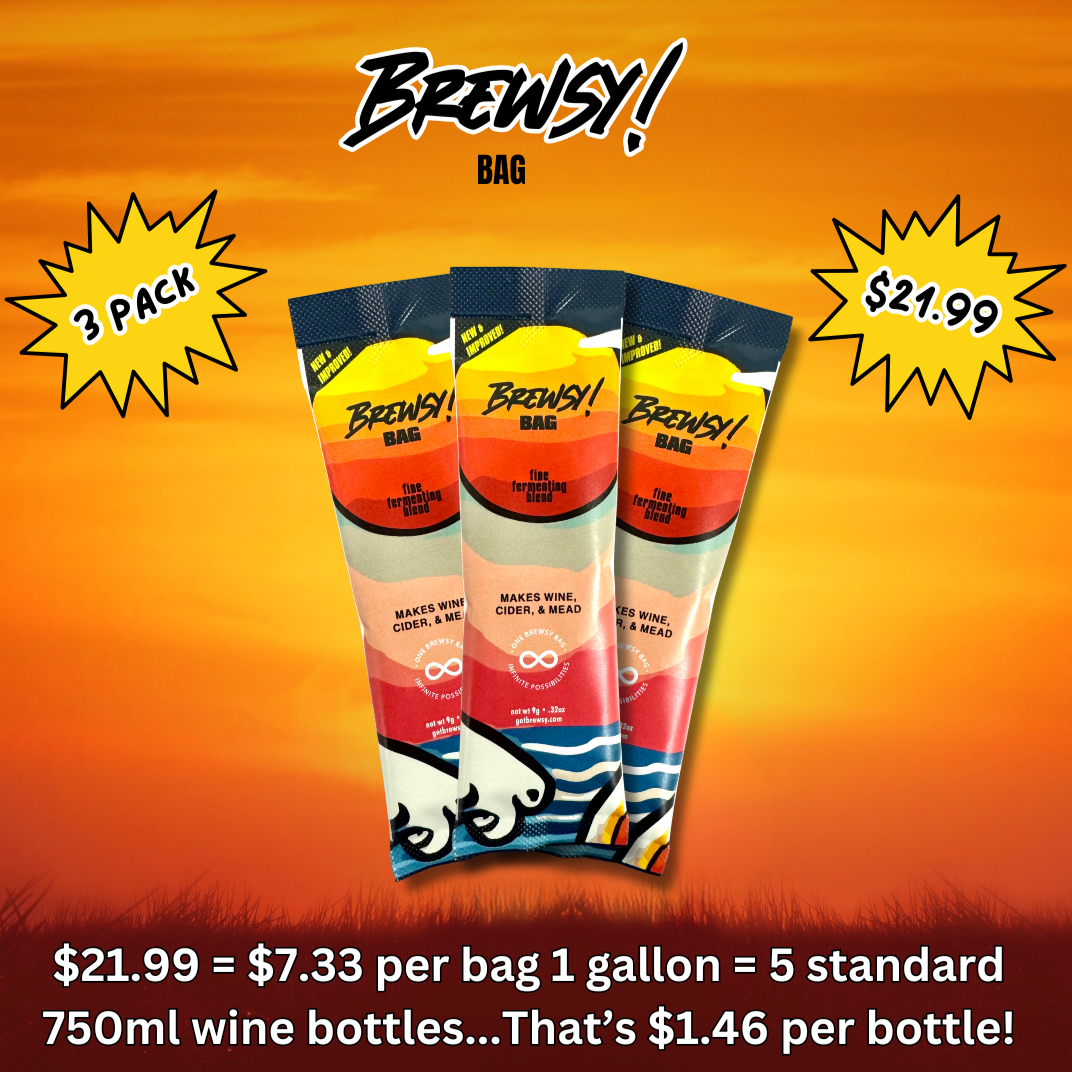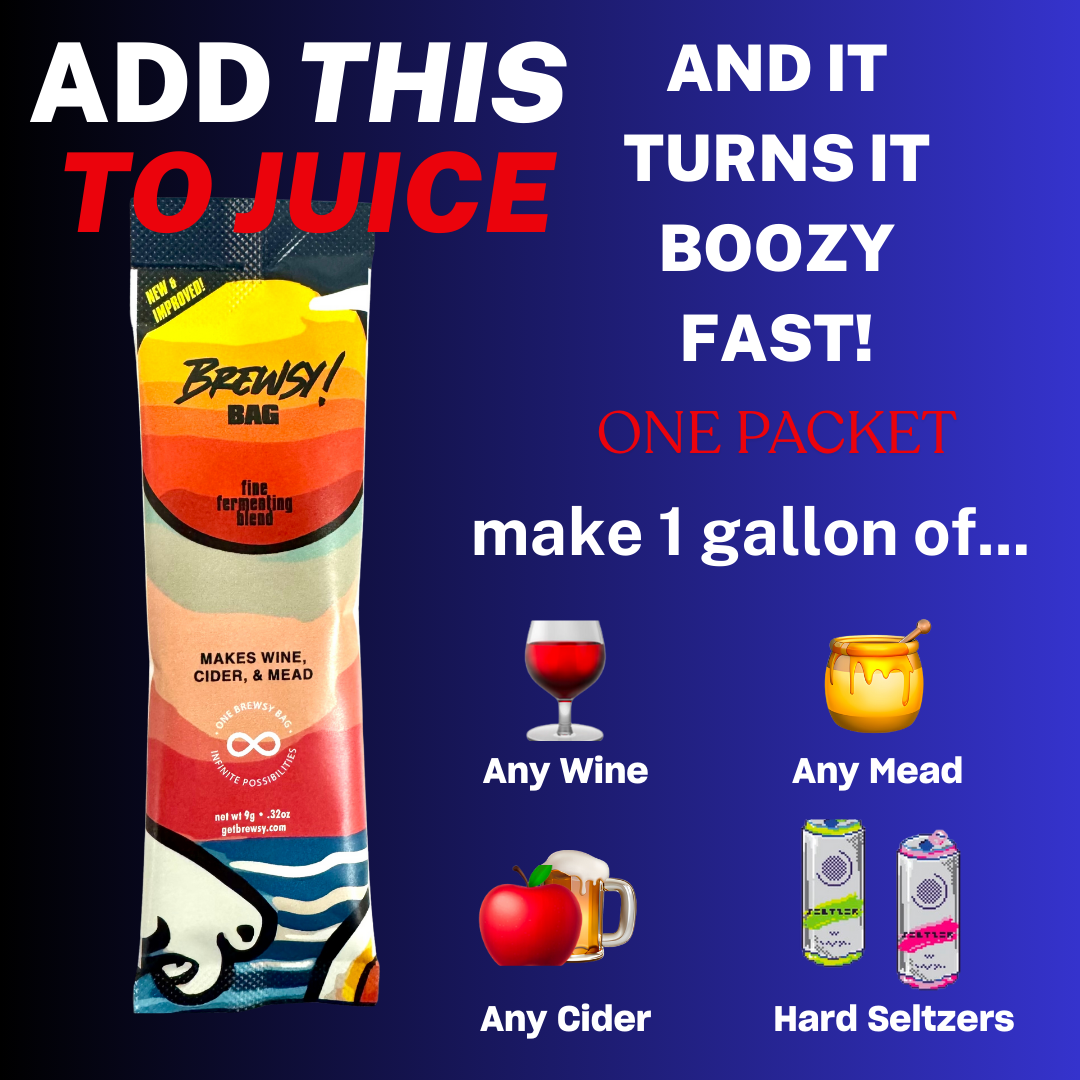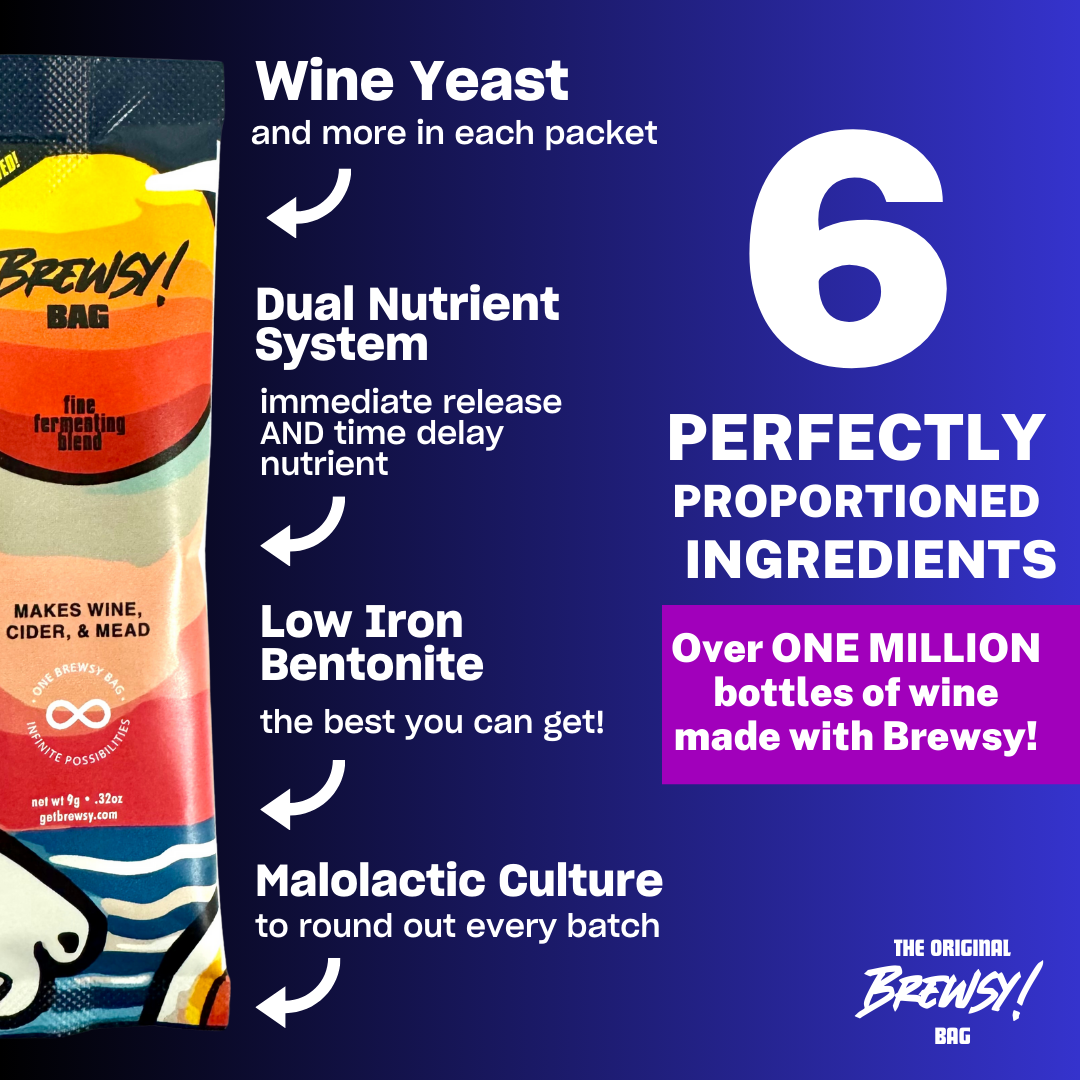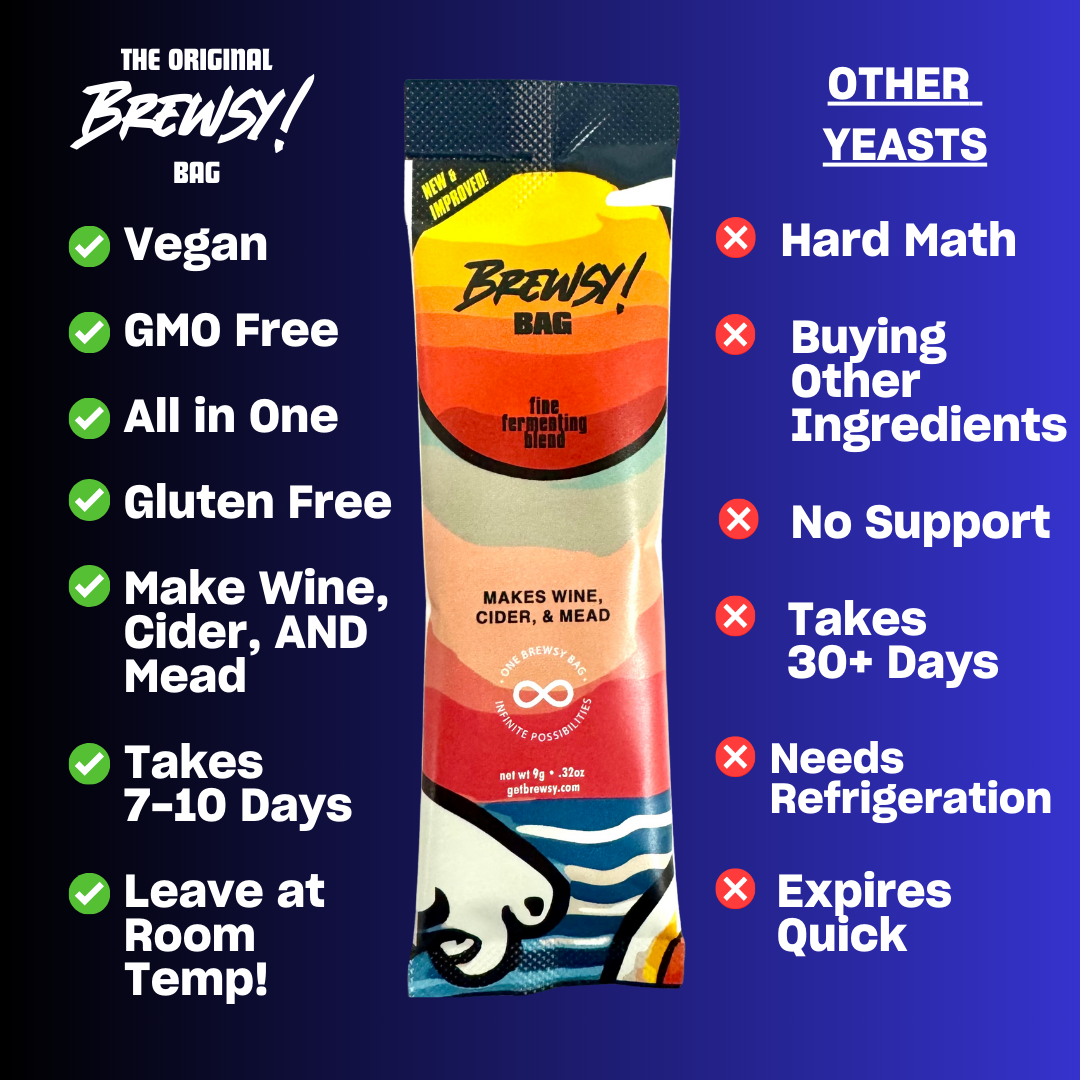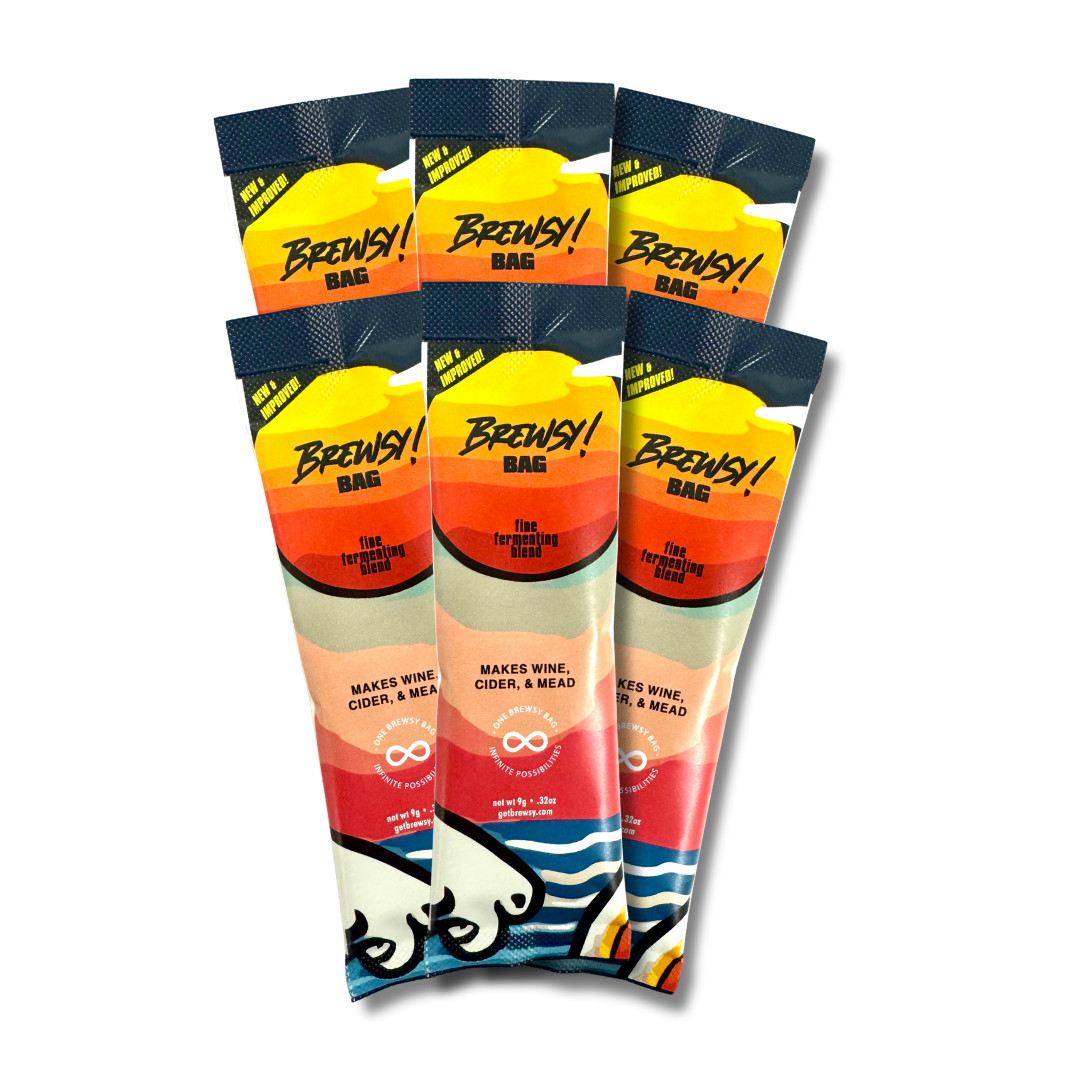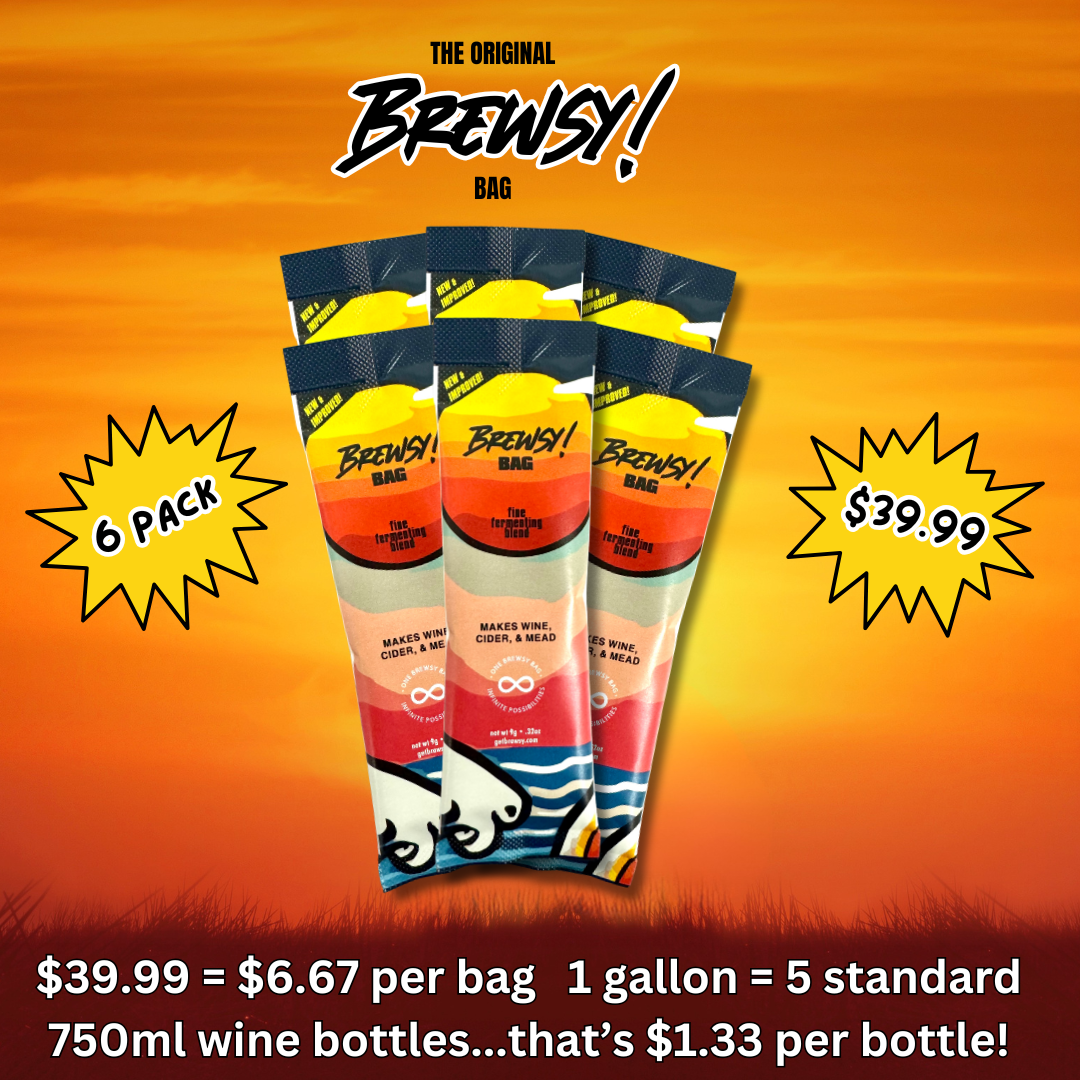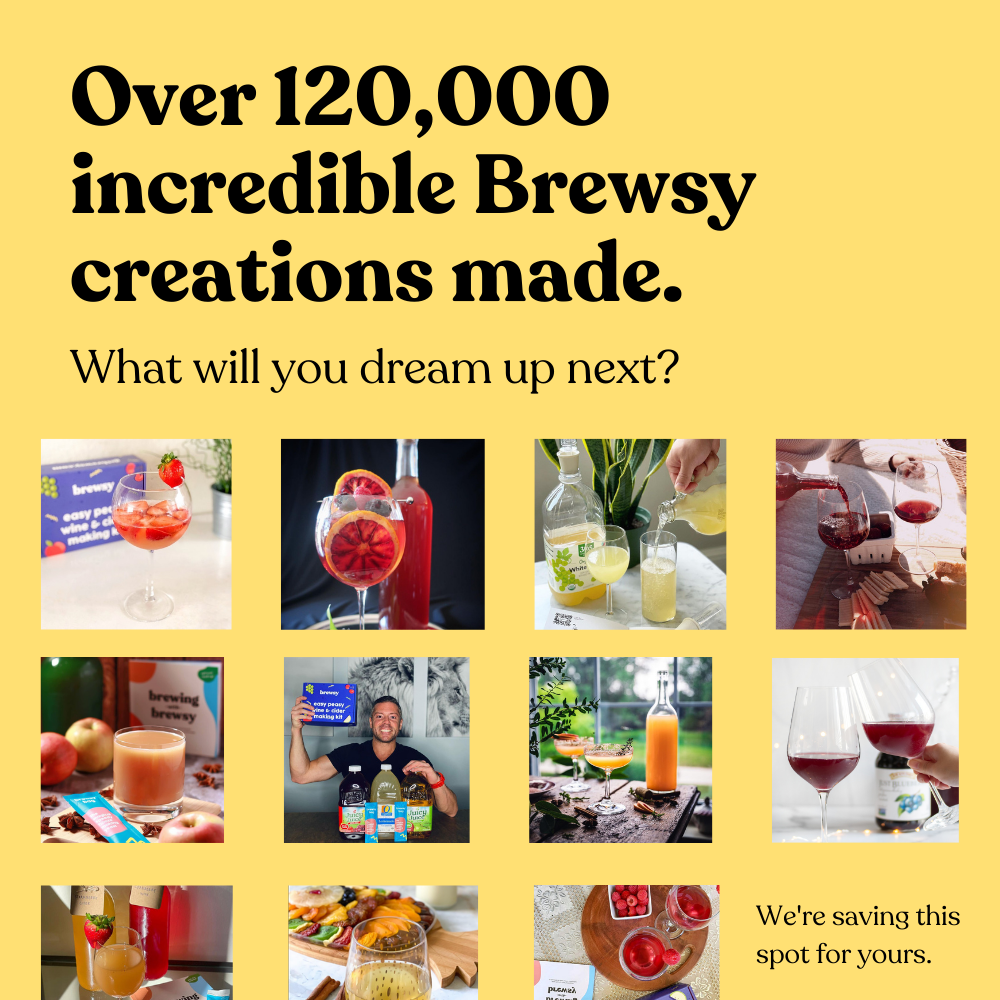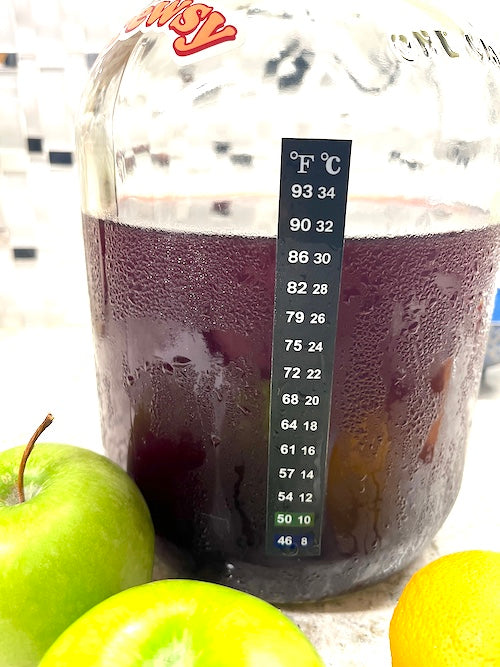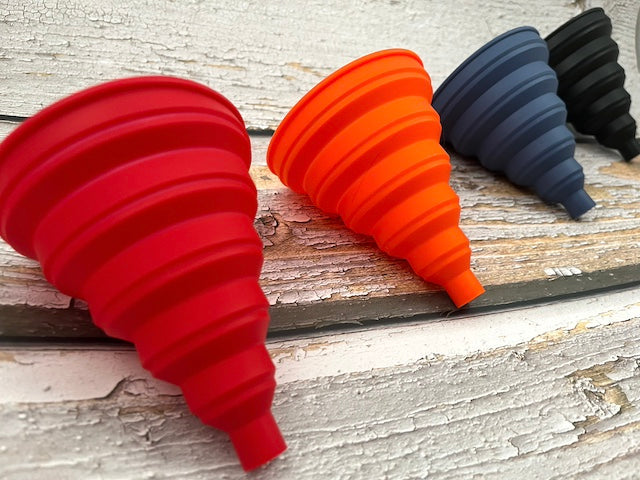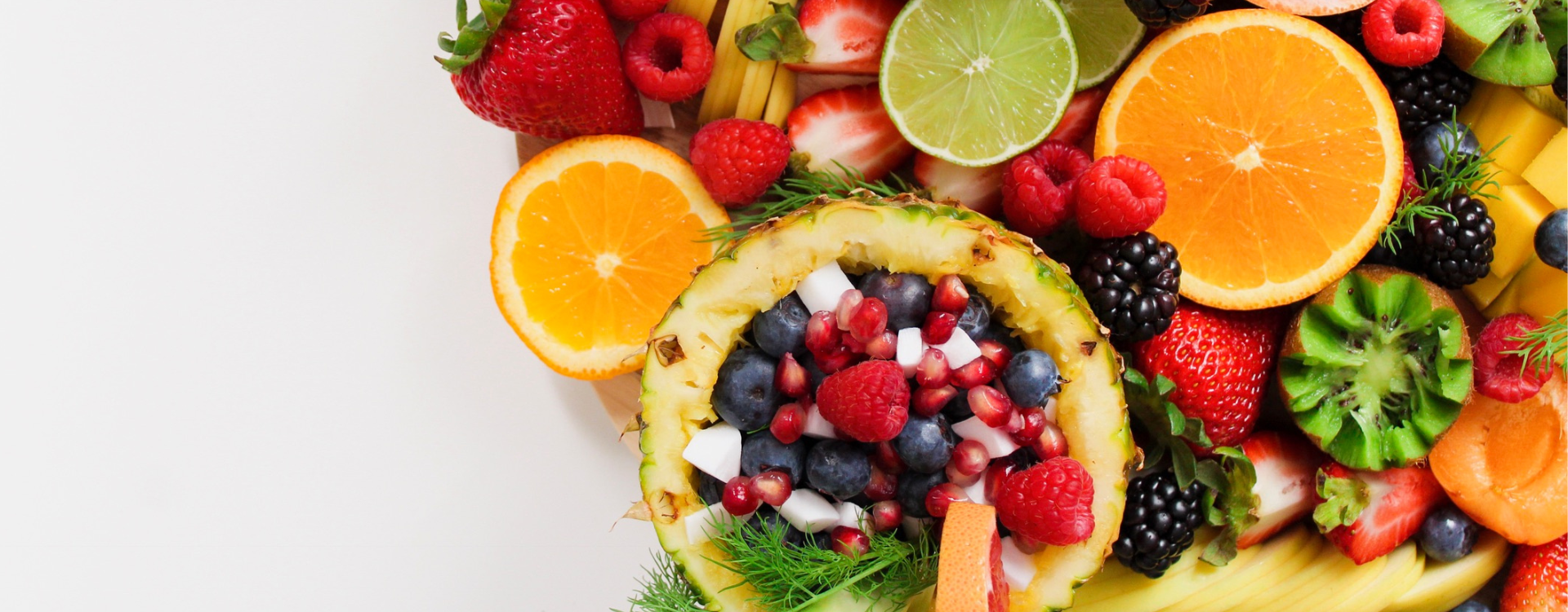
What Is Wine Aging?
Since wine was invented or discovered, it has been a common practice to allow wines to age, that is leaving it alone for a period whether it be a matter of days to years at a time, but should wine be aged? Are there any benefits to aging wine?
You have probably heard the phrase "aged like fine wine" meaning that something or someone became better over time, and while the reference is clear, it is a comparison to wine that does, indeed, become better with age. However, this does not apply to all kinds of wines. Some wines require no aging, i.e.: best consumed immediately, and others can be aged for years.
To rephrase that previous part, and to provide a bit more technically correctness, aging in and of itself does not inherently improve a wine; aging simply changes a wine.
Some wines, especially cheap ones and certain grape varietals gain no advantage from aging. The lower the pH level of a wine, the better its aging potential. On top of that, red wines typically have higher a likelihood of being aged due to the naturally complex flavors it possesses.
In general, wines can be split into two groups; one with little to no aging potential, and another with good aging potential. For the former, examples include rosés and blush wines such as White Zinfandel, as well as Vermouth. Examples for the latter include wines such as Chardonnay, Pinot noir, and Merlot.
So what are the factors that determine if a wine can be aged? There are a number of variables that can decide this including wine constituents, storing, and bottling factors.
For the constituents, the ratio of sugar, acid, and phenolics to water play a role. The less water the grape naturally contains, the better its potential for aging will be, with terroir determining these things in the grapes. Since ice wine basically has a lot of water removed due to the freezing, this makes it a good example of a wine with great aging potential.
For storage factors, there are a couple here: bottle-shock and cork taint. Bottle-shock is when the wine has been "traumatized" because of the bottling experience. If exposed to too much oxygen, it starts a chain reaction of chemical reactions. This period of trauma as well as the time needed for the wine to settle back down. Flavors during this period can be drastically different from before it was bottled, but it is just a temporary condition.
Cork taint is the transfer of off-flavors from the cork to the wine, sometimes development of cork taint stems from the growing conditions of the cork itself, to the processing of cork to stopper, and even molds that had been growing on the cork prior to harvesting it.
Overall, the changes attributed to aging have quite a range. For one, the inherent acidity of certain wines can diminish over time replacing the harshness found with a softer mouthfeel, and the lingering finish of a wine can remain for longer. As chemical reactions happen over time, wine bouquets can become more pronounced, and develop different layers of aromas.
So if you think the wine you just made smells or tastes off, give it time, and let it age like a fine wine.

